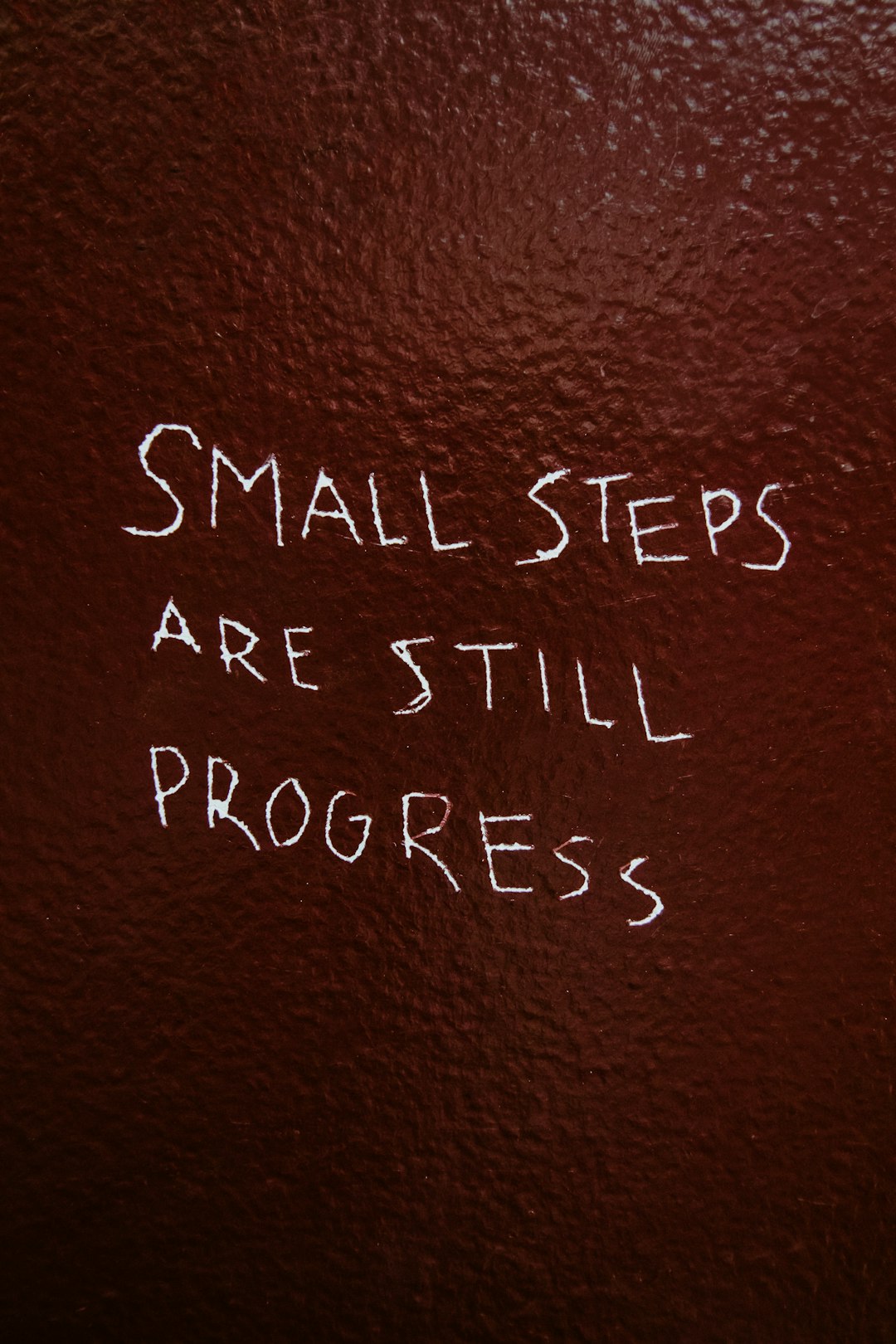Resisting the Culture of Narcissism in the Academy
Rewinding a post from the archives

Greetings, dear readers! Today I am revisiting a post from the archives about the misguided desire to be profound in our work. I hope it helps you relax your perfectionism and embrace a more realistic and grounded understanding of what it means to make a scholarly contribution. Enjoy!
Have you ever been reading through academic literature and come across an unknown author that spurs your thinking in a different direction? Perhaps it’s how the scholar frames a concept or provides an example that moves the needle in your mind? Excited by the prospect of this author’s brilliance, you decide to look up their Google Scholar citations or their university profile.
Much to your surprise, that author has written a modest but steady string of works, but their h-index (i.e. impact of citations) is relatively low and their CV includes no major research awards. You had expected numerous citations and an impressive array of accolades, but those are nowhere to be found. Whatever the case may be, you owe that anonymous researcher thanks for providing an insight that advances your research.
This scenario reveals an important truth about academic work: the vast majority of scholarship produced doesn’t create tidal waves. Our work is not revolutionary, but it does contribute to the scholarly conversation.
Academic writers frequently feel pressure to change their field or even the entire world through their research writing. This belief puts a tremendous amount of pressure on writers to create masterpieces with their dissertations or first books. We seek transcendence in our work, and when that intellectual euphoria is elusive, the desperate search for it can hinder our writing progress.
Today's post will take a closer look at what Joli Jensen refers to as "the magnum opus myth," or the perceived requirement that every piece of research writing be ground-breaking. Leaning on Jensen's book Write No Matter What: Advice for Academics, I discuss the narcissistic culture of academia and argue that a more communal perspective on our research can result in less stressful and more fluid writing.
The Ivory Tower’s Narcissism
Academia is built upon individualistic Western cultural ideals that value achievement and recognition. As graduate students, we are graded individually and we compete with one another for awards and fellowships. Our body of work as faculty is assessed on an individual basis. Decisions about salary, promotion, and tenure are all based on individualized metrics even if we primarily do research in teams. The first author is the most important author. In academic culture, those who rise above the rest are rewarded for standing out through writing awards, grants, fellowships, and career achievement accolades.

Academics frequently adopt a narcissistic view of our research because of the individualism of our profession. To satisfy the narcissistic beast, we feel compelled to exaggerate the value of our research and pursue admiration and attention continually.
I invite you to take a deep breath if you suddenly worry that you have turned into a narcissist, dear reader. The academy breeds a culture of narcissism, but I don’t believe all of us are naturally self-absorbed. Instead, we become accustomed to certain thought patterns that are rewarded by the prevailing notions of individual success in our jobs. These thought patterns are compelled by the academy's individual merit-based rewards system rather than coming from us as individuals.
Some of us lose sight of the value of our work because we believe that only the earth-shattering research matters in this narcissistic culture. As Jensen writes, many of us believe that
competence is not enough, that our project needs to be the most influential or impressive work in the field, now and forevermore (p. 48).
The narcissistic belief that everything we write must transform the trajectory of human knowledge can paralyze our ability to write. This is a tremendous amount of needless pressure put on our work. This viewpoint ignores the fact that there are excellent pieces of academic writing all around us that don't have mountains of citations to prove their worth.
Narcissism can also lead some academics to lash out against others. Fragile self-esteems causes some of us to denigrate the work of others whom we perceive as also not doing transformative work. Consider how often snarky reviewer 2s discount solid research projects as failing short of their own exaggerated expectations. The narcissist temporarily feels like less of a failure after criticizing a colleague’s work. Jensen warns that the magnum opus myth leads to an
unwinnable dialectic between dreams of glory and fears of inadequacy (p. 49).
Communal Research Writing
What can be done to rewrite the unwinnable dialectic between dreams and fears? Like much of the advice I offer in Publish Not Perish, we must begin with a change in perspective. A perspective shift doesn’t eradicate the individualism of the neoliberal academy, but it does give writers permission to weather that storm with greater protection from the elements. I would like to posit that a communal instead of narcissistic research mindset can yield more productive and less stressful writing.

Communal writing situates ones work within the broader collective of knowledge production. We each have an important role to play in the ways that ideas move and shift, but when we zoom out and look at the whole of human knowledge, that role becomes so much smaller than if we continue to navel gaze at our delusions of grandeur. As Jensen frames it, we are a part of a broader intellectual conversation much bigger than us. We want to participate in that conversation, not dominate it. She writes,
We learn how we can contribute to it, buoyed by the knowledge that he conversation will continue long after we die. Our job…is to learn from those who have gone before and make our best contributions while we can, in support of those who come after us (p. 49).
The way Jensen frames research writing is collaborative, collective, and motivated by a generosity of spirit. It resists the narcissistic tendencies of the academy and lets go of the expectation of personal glory as the only measure of success.
One Small Step
What does communal writing look like in a more pragmatic sense? Instead of making radical leaps in your research, your goal is to make incremental progress. It means making just the right amount of progress while having faith that someone else will take our efforts even further.

For example, Jensen’s book Write No Matter What inspired this piece. Her insight into the obstacles to academic writing has fertilized my thinking. I decided to frame some of her wisdom within the neoliberal academy’s individualist culture to a greater degree than she does in her book as these connections help move my thinking still further. My insights don't differ dramatically from Jensen’s, but a slight change in perspective could help put the difficulties some writers encounter in a useful context. I am building on her contributions. It's possible that someone, somewhere, will pick up my work and add their own thoughts to the dialogue that was started long before Jensen or me. As Jensen writes,
Our writing project is a moment, not a monument. It can make our corner of the discipline more accurate, insightful, or interesting. Daily contact with our writing project is evidence of our honorable intention to enhance (not transform) the scholarly conversation (p. 51).
Thinking of research writing as taking small steps can be quite freeing because it removes the pressure of profundity. A marvelous thing happens when we take some of the pressure off ourselves, our writing flows more freely and our thoughts are allowed to grow in much more productive ways. We are more capable of completing our best work because we are less concerned about how we are performing or the results.
We become better citizens of our own galaxy of knowledge production when we accept our smallness in the universe.

